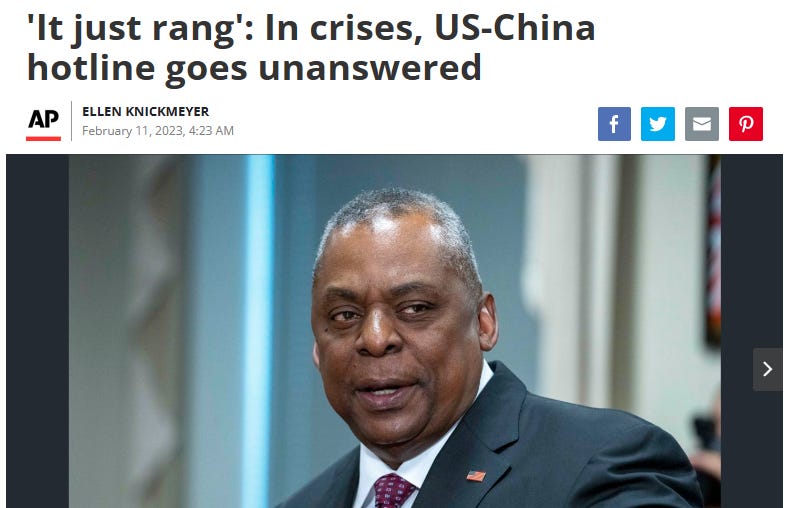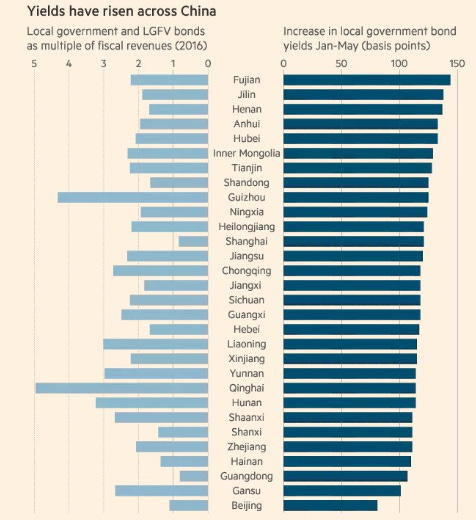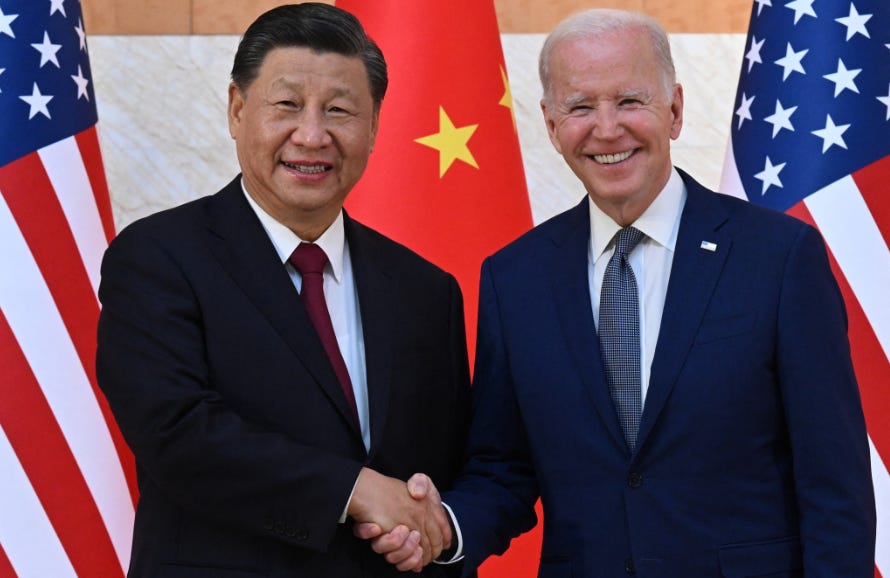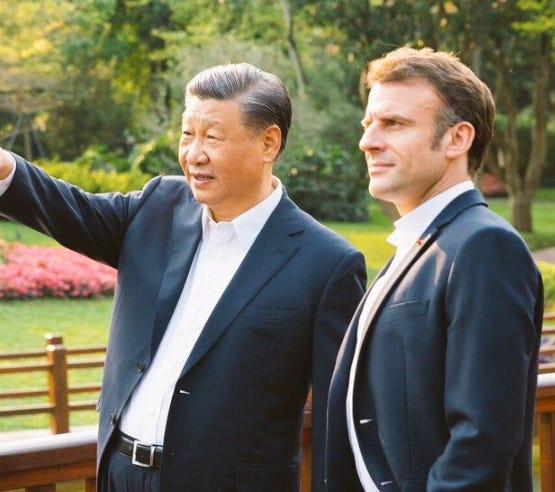China’s party-state, long steeped in secrecy, is creating a black box around information on the world’s second-largest economy, alarming global businesses and investors.
Prodded by President Xi Jinping’s emphasis on national security, authorities in recent months have restricted or outright cut off overseas access to various databases involving corporate-registration information, patents, procurement documents, academic journals and official statistical yearbooks. A central tenet of the effort is the desire to more tightly control the narrative about China’s Politburo-governance and limit the information collected by foreign companies such as auditors, management consultants and law firms that could influence how the outside world views China. They're not necessarily targeting academic researchers by restricting the accessibility to this information. There are researchers with more malicious intent they may want to thwart.
Chinese authorities have embarked on a campaign to bring foreign businesses to heel, only months after Beijing delivered an open-for-business message to global investors. China revises its espionage law, tightens state control over a wider swath of data/digital activities. Foreign execs say the expanded scope/powers of the law threaten to turn everyday interactions into national-security offenses. Foreign execs say the expanded scope and powers of the legislation threaten to turn everyday interactions into national-security offenses & underscore the increasingly hostile environment many foreign business believe they face in China."
Following recent expansion of China’s anti-espionage law, many foreign think tanks, research firms and other nonfinancial entities are finding they can’t renew subscriptions to Wind over what Wind described as “compliance” issues. The increased restrictions on information come as Beijing has embarked on a campaign to scrutinize and pressure Western management consultants, auditors and other service providers that multinational companies rely on to assess risks in China.
The two-pronged approach is part of a broader effort to tighten the Communist Party’s control on how the rest of the world forms its views on China. It is also an effort to essentially close off China from foreign influence.
The broad Chinese effort is unnerving foreign businesses and investors already grappling with heightened geopolitical risks associated with their investments in China. It comes as foreign companies need even more corporate intelligence to navigate China’s increasingly complex business environment, partly due to U.S. sanctions targeting hundreds of Chinese entities and countermoves by Beijing.
The harder the government makes it to understand China, by definition that will make the Chinese market less attractive to capital, especially long-term commitments. On the grounds of national security, foreign access to various databases has been restricted. The net effect will be less to improve China’s national security and more to isolate China from overseas researchers trying to understand the country.
A statement from US Chamber of Commerce: “We are closely monitoring heightened official scrutiny of US professional services&due diligence firms in China. The services these firms provide are fundamental to establishing investor confidence in any market, including China." US-China relations have entered a frightening new era of strategic confrontation.
The negative implications for this are obvious. Just another cut to the thousands that Xi is making to the Chinese system. As mentioned before, the seeds of China's destruction has never come from foreigners but the flipflops domestic rulers.
The Renminbi Yuan is going to take over and that Chinese financial markets will overtake western ones. How does one invest with such a complete black box of info. They are moving in a worse direction.
Important benchmark work as those who actually approve the investments in China circulate, discuss, and start to realize their China team may not be telling them everything. Can confirm these things are becoming ever more opaque. China looks bent on keeping data secret. Imo this will only make others distrust China more & is a lose lose situation. If every piece of data has national security implications, then disclosing these experts is akin to naming people who Beijing believes may be spies. Huge personal risks here.
Full transparency is inconceivable in centrally controlled nations. It’s kinda like that neighbor that nobody sees because of the high fences and blacked out cars. You wonder if they are up to something nefarious. Further intellectual decoupling from China. Such moves could further limit efforts at reducing misunderstandings & avoiding potential accidents. Decoupling would lead to the creation of what is effectively two different ecosystems, with China focusing on indigenous innovation. This is not something which helps U.S. GDP growth, Chinese GDP growth, or the world economy.










